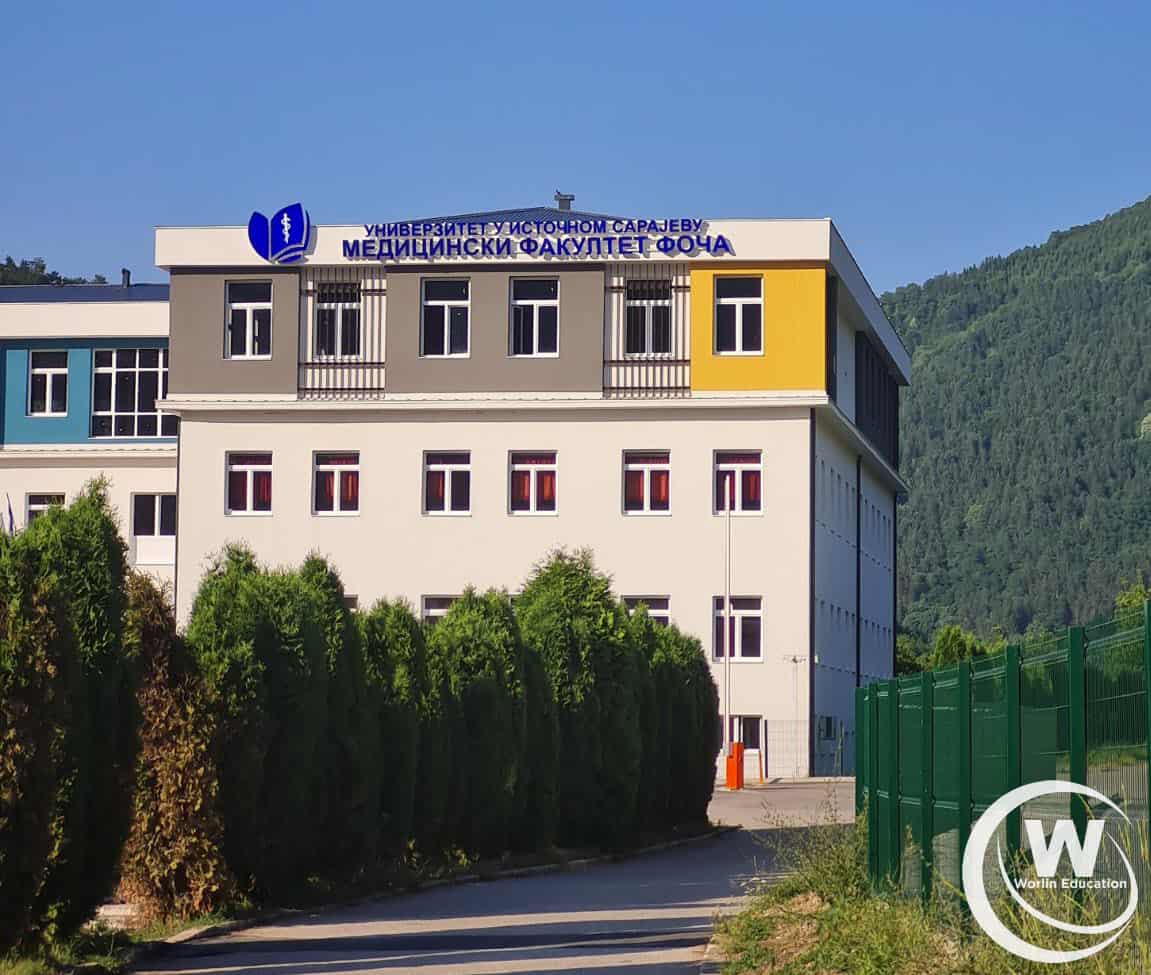
Address:
Plot No 8, block N, Second Floor, Opposite Axis Bank, Sector -18, Noida - 201301
City:Noida
Vendor Type:Service Provider
Pursuing an MBBS in Bosnia is becoming an increasingly popular option for international students due to its high-quality education, affordable tuition, and modern facilities. Bosnia and Herzegovina offers globally recognized medical programs and is gaining attention as a more cost-effective option for European medical education. Here’s a breakdown of the key aspects of studying MBBS in Bosnia:
Why Consider MBBS in Bosnia?
- Affordable Tuition:
- Bosnia offers much lower tuition fees compared to Western Europe, making it appealing to students from regions like Asia and Africa.
- International Recognition:
- Medical degrees from Bosnia are accredited by organizations like the WHO and ECFMG, allowing graduates to take licensing exams such as USMLE, PLAB, or their home country’s equivalent.
- English-Taught Programs:
- Many universities offer their MBBS courses in English, making it accessible for international students.
- Modern Facilities:
- Universities are equipped with up-to-date labs, clinical training hospitals, and advanced medical technology to provide hands-on learning experiences.
- Cultural Diversity:
- Bosnia’s rich multicultural history and traditions offer a welcoming environment for students from diverse backgrounds.
- European Experience:
- Students benefit from a European lifestyle at a lower cost, with affordable living expenses, including accommodation and transportation.
Eligibility Criteria
- Academic Requirements:
- Completion of secondary education (12th grade) with a focus on Physics, Chemistry, and Biology, and a minimum of 50% aggregate in these subjects.
- Language Requirements:
- Proof of English proficiency (e.g., IELTS or TOEFL) might be required if the student’s previous education wasn’t in English.
- Entrance Exams:
- Some universities may require students to pass an entrance exam or interview to assess their foundational knowledge in science.
Top Universities in Bosnia
- University of Sarajevo:
- The largest and one of the oldest institutions in Bosnia, known for its well-structured MBBS program and advanced medical resources.
- University of Tuzla:
- A university that focuses on practical medical training, offering globally recognized MBBS degrees.
- University of Banja Luka:
- Known for providing high-quality education, emphasizing clinical training and advanced medical infrastructure.
MBBS Program Duration
- The MBBS program typically lasts 6 years, consisting of 5 years of academic study and 1 year of clinical internship or practical training.
Admission Process
- Application:
- Submit your application online or through authorized representatives of the university.
- Required Documents:
- Academic transcripts, passport, medical fitness certificate, proof of English proficiency (if applicable), and passport-sized photos.
- Visa Process:
- Upon receiving an admission letter, students must apply for a student visa, ensuring all necessary documents, including the university invitation letter, are provided.
Costs and Living Expenses
- Tuition Fees:
- The average annual tuition fees range from €3,500 to €7,000, depending on the university.
- Living Costs:
- Monthly expenses, including accommodation, food, and transport, typically fall between €300 and €500.
Benefits of Studying MBBS in Bosnia
- Close to EU and Schengen Countries: While Bosnia isn’t an EU member, its proximity to EU countries allows for travel and exploration.
- Clinical Training: Students gain practical experience in hospitals affiliated with the universities.
- Low Entry Barriers: No major entrance exams are required, making it easier for students to apply.
- Safe Environment: Bosnia is known for its safety and the hospitality extended to international students.
Post-MBBS Opportunities
- Post-Graduation:
- Students can pursue postgraduate studies (MD, MS) in Bosnia or other European countries.
- Medical Practice:
- Graduates can practice medicine in Bosnia or abroad after clearing the required medical licensing exams.
- Global Job Opportunities:
- Graduates can work in countries like the USA, Canada, or Europe, subject to local licensing requirements.
Key Considerations
- Language: Although MBBS courses are in English, clinical interactions may require knowledge of Bosnian.
- Cultural Adaptation: Students should be prepared for cultural differences and the challenges of living in a new country.
- University Recognition: Ensure the university is recognized by relevant medical councils before applying.
MBBS in Bosnia offers a cost-effective and globally recognized pathway for aspiring medical students, providing excellent education and practical exposure in a welcoming European environment.
